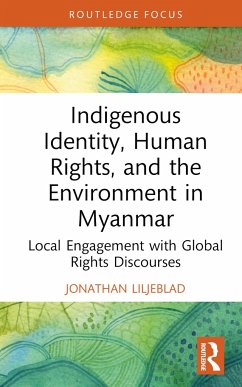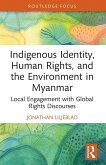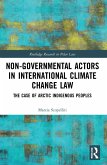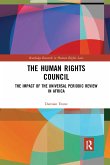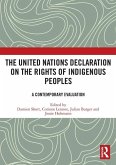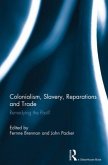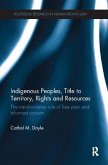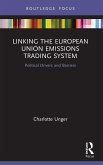This book draws on the experiences of the indigenous movement in Myanmar to explore how the local construction of indigenous identities connects communities to global mechanisms for addressing human rights and environmental issues.
Various communities in Myanmar have increasingly adapted international discourses of indigenous identity as a vehicle to access international legal mechanisms to address their human rights and environmental grievances against the Myanmar state. Such exercise of global discourses overlays historical endemic struggles of diverse peoples involving intersectional issues of self- determination, cultural survival, and control over natural resources. This book draws implications for the intersectionality of local and global theoretical discourses of indigeneity, human rights, and environment. It uses such implications to identify attendant issues for the aspirations of international human rights and environmental efforts and the practice of their associated international legal mechanisms. This book informs readers of the agency and capabilities of communities in underdeveloped countries to engage different global mechanisms to address local grievances against their states. Readers will develop a more critical understanding of the issues posed by the local construction of indigeneity for the ideals and practice of international efforts regarding human rights and the environment.
This book will be of great interest to students and scholars of indigenous studies, human rights, international law, Asian studies, development studies, and the environment.
Various communities in Myanmar have increasingly adapted international discourses of indigenous identity as a vehicle to access international legal mechanisms to address their human rights and environmental grievances against the Myanmar state. Such exercise of global discourses overlays historical endemic struggles of diverse peoples involving intersectional issues of self- determination, cultural survival, and control over natural resources. This book draws implications for the intersectionality of local and global theoretical discourses of indigeneity, human rights, and environment. It uses such implications to identify attendant issues for the aspirations of international human rights and environmental efforts and the practice of their associated international legal mechanisms. This book informs readers of the agency and capabilities of communities in underdeveloped countries to engage different global mechanisms to address local grievances against their states. Readers will develop a more critical understanding of the issues posed by the local construction of indigeneity for the ideals and practice of international efforts regarding human rights and the environment.
This book will be of great interest to students and scholars of indigenous studies, human rights, international law, Asian studies, development studies, and the environment.

